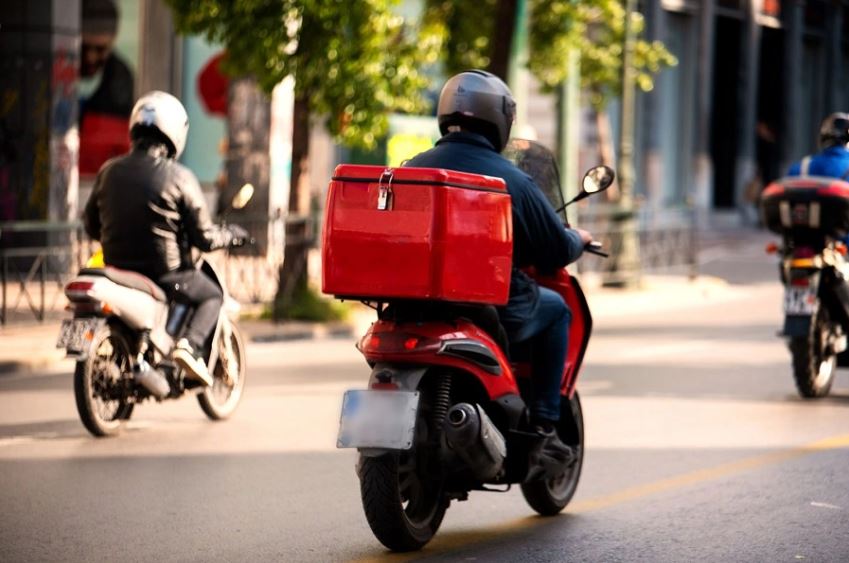The recent decision by President Bola Tinubu’s administration to remove fuel subsidies has sent ripples through various sectors of the Nigerian economy.
Among those significantly affected is the transportation and logistics industry, heavily reliant on petroleum products. Unsurprisingly, the surge in petroleum prices has directly impacted the operational dynamics of this sector.
To understand strategies deployed by logistics industry players to navigate these challenges, Nairametrics spoke with Chris Olisa of the Lagos-based Colsa Logistics.
The rising cost of delivery services
Olisa unveiled that the increased price of fuel has triggered a hike in operational expenses for the company. He emphasized that the activities that required N1,500 for their dispatch riders daily before the subsidy removal now cost as high as N3,500, a 133% surge in their logistics costs.
- “The knock-on effect was evident in his service charges, with the cost of delivery from Surulere to Lekki Phase 1 soaring from N2,000 to N3,500 post-subsidy removal.”
At the core of the local supply chain, entrepreneurs and business proprietors reliant on dispatch services find themselves bearing the brunt of increased expenses. Nevertheless, some logistics firms are extending reprieves to their clientele through rebates for bulk deliveries.
Olisa said;
- “We have extended to our customers bulk delivery discounts of between 5% and 10% to attract more services. Evidently, the uptick in fuel prices hasn’t deterred the demand for logistics services.”.
Amidst the aftermath of subsidy removal on the logistics landscape, Olisa also underscored an additional hurdle – the issue of dishonesty among dispatch riders. He stated that due to the absence of real-time update apps for outbound deliveries in many Lagos logistics firms;
- “WhatsApp emerges as the communication channel of choice for maintaining checks and balances between dispatch riders and business owners.”
Furthermore, our Nairametrics investigations reveal how the augmented rates for logistics services are reverberating through Lagos’ small business owners and consumers.
A Surulere-based entrepreneur who wishes not to have their identity disclosed, and who provides services for the distribution of an array of products including electrical appliances, household goods, and supermarket items within Lagos and its environs, revealed the challenges endured by his business since the subsidy removal two months ago concerning logistics.
He stated that the logistics business landscape has taken a turn for the worse.
- “Before subsidy removal, I spent N4,000 to hire a Sienna vehicle to transport goods from Ikorodu to Ikeja, however, this cost has surged to N15,000 for identical cargo size and distance since.”
Explaining that in response, increased selling prices of retail marketers have led to dwindling demands.
He said;
- “logistics businesses have witnessed a slump in demand from the retail marketer.”
He noted that the Ikorodu-based merchant pointed out that many of his customers are grappling with reduced purchasing power compared to the pre-subsidy removal era.
From service providers to suppliers, retail marketers, and final consumers, the entire logistics industry’s landscape has been hit by the far-reaching impacts of subsidy removal.
Notably, with several logistics service providers offering bulk delivery rebates, both consumers and intermediaries stand to reap financial benefits through bulk purchases.
